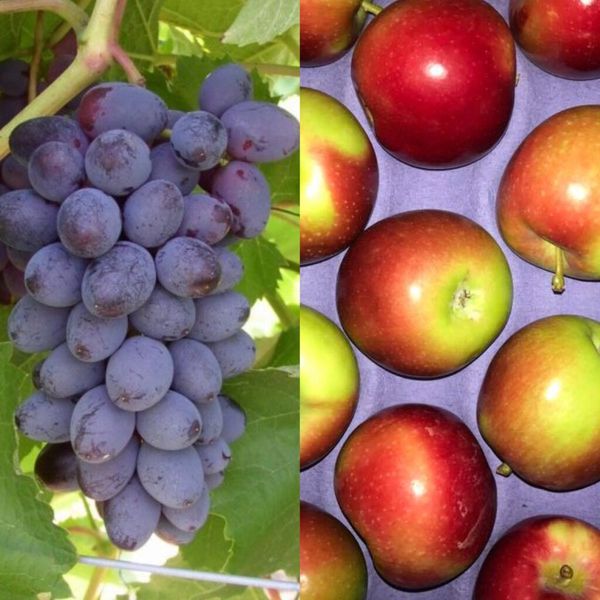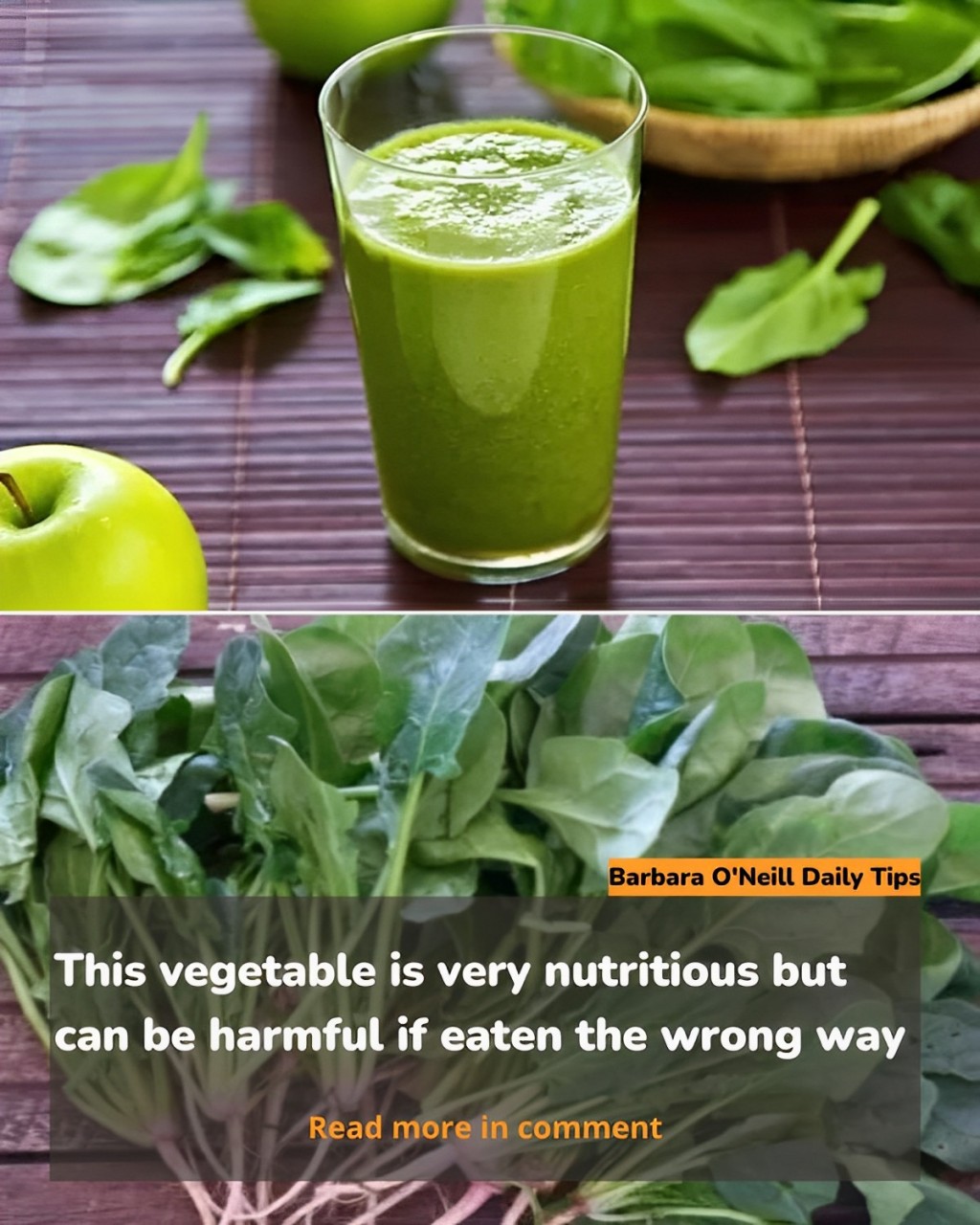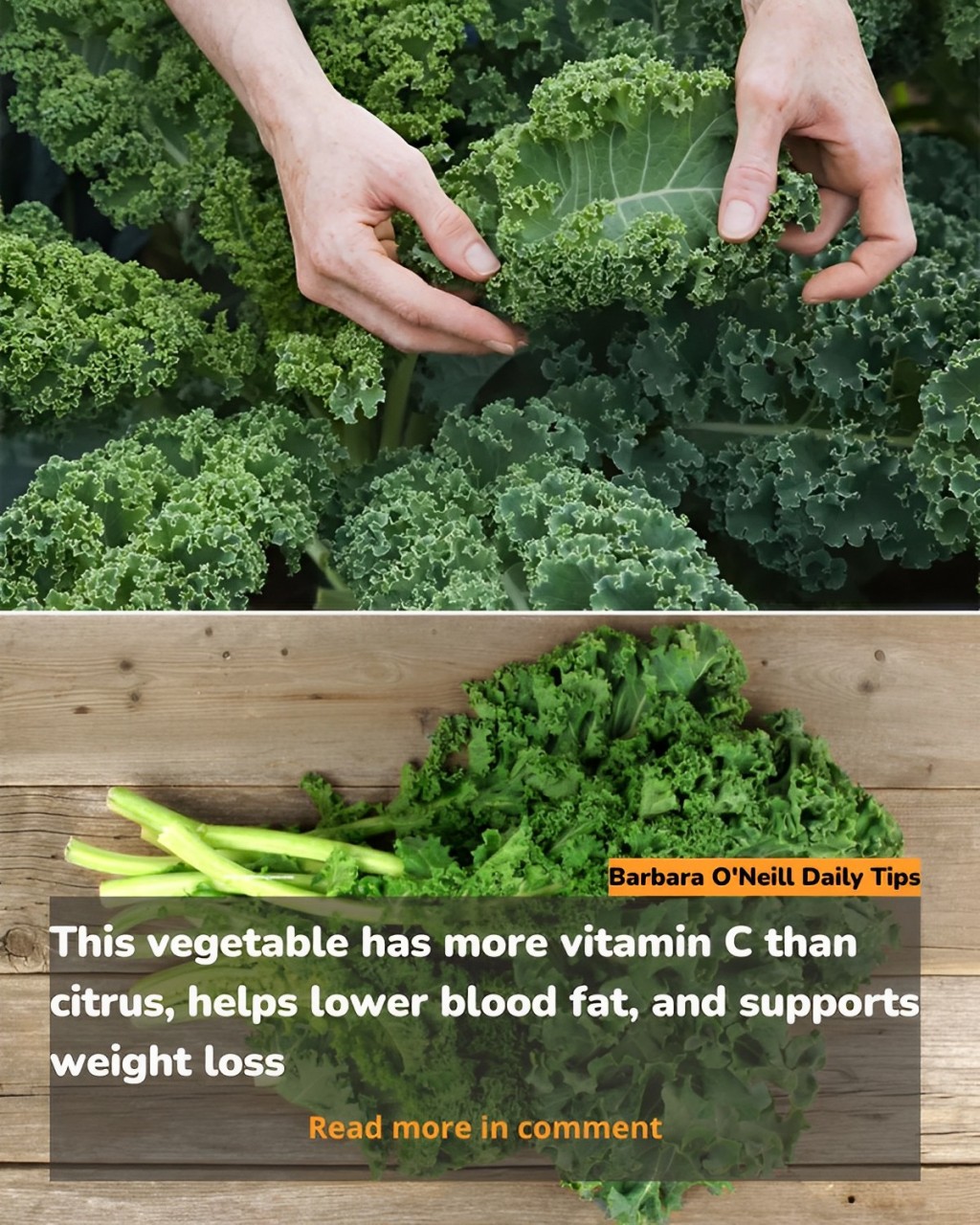When it comes to managing diabetes, making informed choices about the foods you eat is crucial. Fruits are a natural part of a healthy diet, but not all fruits are created equal for those with diabetes. In this guide, we’ll explore nine fruits that can be a smart addition to your diet and eight fruits you might want to consume in moderation or avoid.

Remember, with the right knowledge, you can still enjoy the sweet and juicy flavors of nature’s gifts while keeping your blood sugar in check.
Fruits to Include
- Berries (Blueberries, Strawberries, Raspberries): These fruits are low in sugar and high in fiber and antioxidants, making them excellent choices for diabetics. They not only add a burst of color to your plate but also provide numerous health benefits.
- Apples: An apple a day keeps the doctor away, especially for diabetics. Apples are a good source of fiber and have a moderate impact on blood sugar when eaten in their whole form.
- Citrus Fruits (Oranges, Grapefruits): Start your day with a burst of citrusy goodness! Citrus fruits are packed with vitamins and fiber and have a low glycemic index, meaning they won’t cause blood sugar spikes.
- Cherries: These little red gems are not only delicious but also have anti-inflammatory properties that may benefit those with diabetes. They make for a tasty snack or a flavorful addition to salads and desserts.
- Kiwi: This small, fuzzy fruit packs a punch when it comes to nutrition. Kiwi is low in sugar, high in fiber, and rich in vitamin C. It’s a perfect choice to satisfy your sweet cravings.
- Papaya: Add a taste of the tropics to your diet with papaya. This tropical fruit is known to improve blood glucose levels and aid digestion. It’s also a great source of vitamin C.
- Watermelon: Surprisingly, watermelon has a low glycemic index and can be a refreshing option in moderation. It’s a hydrating fruit that adds a burst of sweetness to your day.
- Peaches: Juicy and delicious, peaches are a delightful addition to any diet. They are low in calories, high in fiber, and have a moderate impact on blood sugar. Enjoy them on their own or in tasty recipes.
- Pears: Pears are another high-fiber fruit that can help stabilize blood sugar levels. They have a natural sweetness and are a great snack option for those with diabetes.
Fruits to Consume in Moderation or Avoid:
- Grapes: Grapes are high in natural sugars and can cause blood sugar spikes. Enjoy them in moderation and be mindful of portion sizes.
- Pineapples: Pineapples have a high sugar content and can affect blood glucose levels. If you love pineapple, it’s best to consume it in smaller quantities.
- Mangoes: Mangoes are delicious but should be eaten sparingly due to their high sugar content. Enjoy them as a special treat from time to time.
- Figs: Figs are dense in natural sugars and may not be suitable for diabetics. If you’re a fan of figs, it’s best to limit your intake.
- Bananas: While bananas offer nutrients, they are also relatively high in sugar. Enjoy them occasionally and in smaller portions.
- Dates: Dates are rich in natural sugars and best enjoyed in small quantities. They make for a sweet addition to desserts or as a natural sweetener in recipes.
- Lychees: Lychees are sweet and can lead to blood sugar spikes if consumed excessively. Enjoy them in moderation and savor their unique flavor.
- Cherimoya: This tropical fruit is high in sugar and may not be diabetes-friendly. If you’re unsure, it’s best to consult with a healthcare professional.
Moderation and Balance
The key to enjoying fruits while managing diabetes is moderation and balance. Be mindful of portion sizes and how different fruits affect your blood sugar levels. It’s always a good idea to consult with a healthcare professional or a registered dietitian to create a personalized plan that suits your specific needs.
With the right choices and a bit of knowledge, you can still savor the delightful taste of fruits while keeping your diabetes in check. Here’s to your health and well-being!





